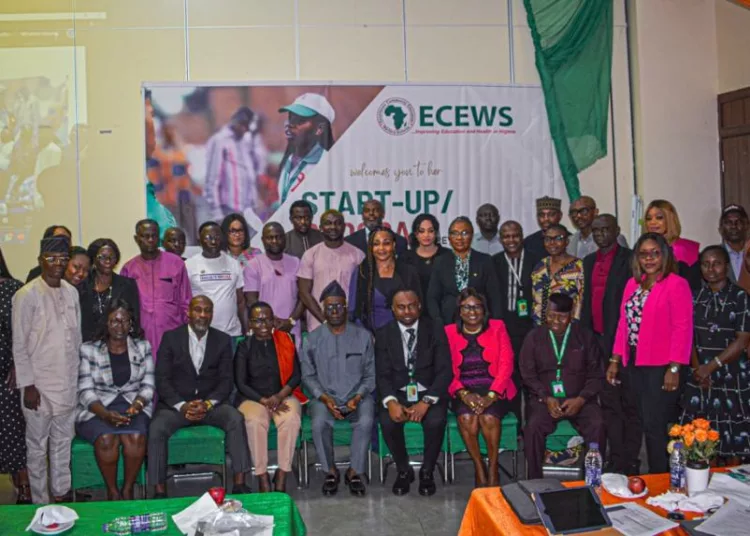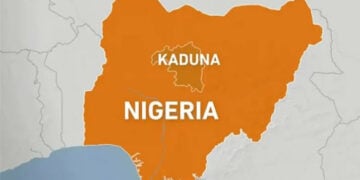Disturbed that despite availability of free treatment services, unacceptable number of People Living with HIV (PLHIV) still find it difficult to get treatment, the Excellence Community Education Welfare Scheme (ECEWS) is leading a consortium of Non Governmental Organisations to close the huge gap toward HIV epidemic control in Delta, Ekiti and Osun states.
The consortium comprise, Achieving Health Nigeria Initiative (AHNi), Association of Reproductive Family Health (ARFH), FHI 360 and Howard University Global Initiative in Nigeria (HUGIN).NLC
Funded by the United State government, the project tagged: ‘ECEWS’ Sustainable Programme for HIV Epidemic Control and Equitable Service Delivery (ECEWS-SPEED)’, is a five years PEPFAR funded comprehensive HIV intervention, aimed at achieving epidemic control in the targeted states.
Speaking at the official flag off of the project in Lagos, the Chief Executive Officer, ECEWS, Andy Eyo said the aim of the project is to reduce HIV- related morbidity and mortality, achieve sustainable epidemic control for HIV across sub- populations and sub-national geographies, reduce HIV incidence for at-risk populations and to sustain ability of state governments and CSOs to lead and manage comprehensive HIV programs, among others.
Eyo disclosed that ECEWS will provide HIV services across the three states, saying, “We will provide HIV services to over 100,000 PLHIV in Delta state; over 8,000 PLHIV in Ekiti state and over 16,000 in Osun state. We want people to know that HIV is not a death sentence.
“People should come through if they are positive, they should be able to access medications, get virally suppressed and lead normal lives. For those who are negative, we want them to stay that way by living a preventive lifestyle,” he added.
The technical director, ECEWS-SPEED project, Dr. Abutu Inedu said the goal is to attain HIV epidemic control which is defined as 95:95:95.
“This means that 95 per cent of the PLHIV should know their HIV status, placed on sustained antiretroviral therapy, and are virally suppressed, “ Inedu further explained.
He disclosed that in Delta State, the mandate is to ensure that PLHIV that are already on treatment, remain on treatment and to actively find the missing cases especially among the paediatric and key population and place them on treatment.
“In Osun and Ekiti states, the gap is wide in that, HIV treatment saturation for Ekiti state for instance, is a little above 60 per cent and above 40 per cent in Osun state. This means that we need to first of all bridge the gap by increasing that figure to at least 81 per cent. In addition, we are going to target the sub population, which is the major gap in the country. We are going to use all the resources available to search for them. We will be testing within the communities, in the hospital and anywhere they can be found, and place those who are positive on treatment,” he said.










